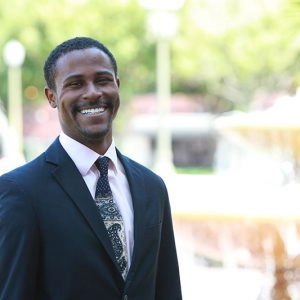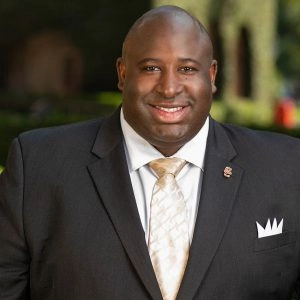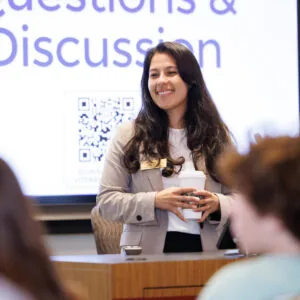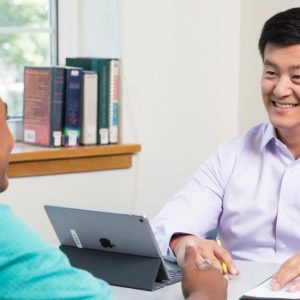Online Doctoral Programs
USC Rossier offers online doctoral degrees, master’s degrees and professional development programs designed for aspiring and experienced education professionals. Explore USC Rossier’s program options in the below categories.
-
Leadership (3)The Doctor of Education in Educational Leadership online (EDL online) program trains professionals to understand and apply relevant research and theory as leaders of the education institutions and organizations, while accommodating the schedule of a working professional.USC Rossier School of EducationFor leaders who want to drive systemic change, the online Doctor of Education in Organizational Change and Leadership program prepares you to facilitate conditions that create effective, adaptable and competitive organizations across industries, including colleges, universities and private firms.USC Rossier School of EducationA first-of-its-kind program, the Global Executive Doctor of Education hybrid online/on-campus curriculum prepares senior-level educational leaders, policy makers, administrators and change agents for the challenging task of improving individual and national education outcomes.USC Rossier School of Education
Online Master's Programs
-
Teaching and Administration (6)The online Master of Arts in Teaching program, designed for aspiring K-12 teachers who want to improve student outcomes in their communities, combines engaging online learning with meaningful teaching experiences and prepares students to earn a preliminary teaching credential in California.USC Rossier School of EducationThe Master of Arts in Teaching – Teaching English to Speakers of Other Languages online program trains students to teach English, in the United States and internationally, and uses rigorous and culturally responsive strategies to improve educational equity in their communities.USC Rossier School of EducationThe online Master of Education in Enrollment Management and Policy program prepares professionals to lead enrollment efforts in admission, financial aid, orientation, student retention and strategic planning at colleges, universities and private preparatory schools.USC Rossier School of EducationGiving students the skills to design, deliver and evaluate effective instructional programs, the online Master of Education in Learning Design and Technology program is focused on online learning, corporate training, performance assessment, design and evaluation, and management of educational programs.USC Rossier School of EducationLaunch your higher education career, equipped with the knowledge and skills to support students and campus communities in areas like administration, student affairs, residential life, student development, athletics and beyond with the online Master of Education in Postsecondary Administration and Student Affairs.USC Rossier School of EducationThe online Master of Education in School Counseling is designed for those who aspire to become school counselors in K-12 settings and explores relevant challenges affecting today’s schools, focusing on the well-being of the whole child through support of their social, emotional and academic needs.USC Rossier School of Education
By the numbers
Rossier at a glance
1,667
online students
949
on-campus students
47%
first-generation students
75
alumni are now superintendents in California
69%
of students identify as non-white
11
research centers










